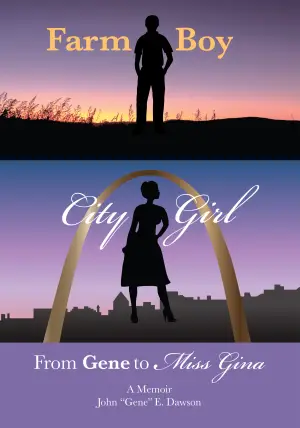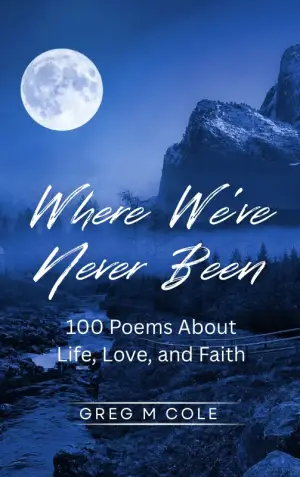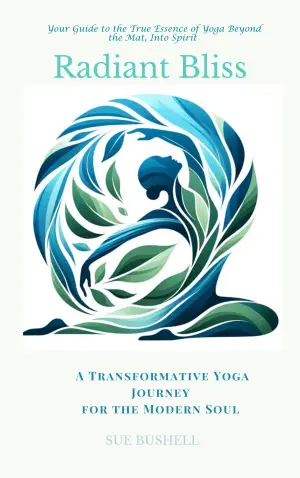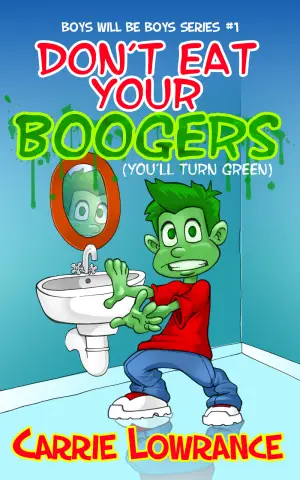A Heartfelt Dive into Grief and Redemption: My Thoughts on Razorblade Tears
S.A. Cosby’s Razorblade Tears caught my eye for a multitude of reasons. Firstly, the premise alone is hauntingly compelling: two fathers, one Black and one white, brought together by a tragedy that transcends race and past grievances. The juxtaposition of their struggles and eventual bond piqued my interest immediately. I dove in, eager to see how Cosby would unravel the layers of grief, prejudice, and a quest for redemption—and boy, did it deliver.
From the get-go, we’re introduced to Ike Randolph and Buddy Lee, two gritty characters navigating their own painful histories. Ike, a reformed ex-con striving to stay clean, is suddenly thrust back into a world of chaos after the murder of his son Isiah. In contrast, Buddy Lee, a man entrenched in his criminal past, grapples with the shame of not fully accepting his son Derek when he was alive. The heart-wrenching irony here is palpable—both men loved their sons fiercely, yet both harbored prejudices that festered beneath the surface. The complexity of their relationship is beautifully drawn, making it clear that grief can either divide or unite.
What stood out most to me in Cosby’s writing was his ability to seamlessly blend raw emotion with action. The pacing of the novel hooks you instantly, and the thrill of their pursuit for vengeance keeps the pages turning. Yet, it’s the quiet moments—those stark scenes where Ike and Buddy Lee confront their failures as fathers—that linger in your mind long after putting the book down. One moment that particularly resonated with me was when Buddy Lee reflects on the absence of acceptance in their lives, and how that absence ultimately forged a barrier between him and his son. It’s profoundly touching, reminding us all that love is often complicated.
Readers have described this book as a “blisteringly emotional crime thriller,” and I couldn’t agree more. While the action is relentless, it’s those emotional stakes, the call for acceptance, and the struggle for redemption that make it truly impactful. As one reviewer aptly stated, it’s “a full-body experience,” and I found myself chuckling at darkly humorous moments amidst the storm of tragedy. Cosby hits the mark with his vivid, unapologetic prose, making you feel the heat of the chase and the chill of despair equally.
In the end, Razorblade Tears is undeniably a powerful read—not just for fans of crime thrillers but for anyone seeking deep, poignant exploration of love and loss. Its themes of acceptance, redemption, and personal growth resonate profoundly, especially in today’s world. For those who appreciate multifaceted characters and heartfelt narratives that challenge perceptions, this book is a must-read. It left me raw but enrichingly so, forever changing the lens through which I view not only the stories of others but my own as well.
If you’re looking for an engaging, heartfelt journey that deftly balances action with an exploration of human flaws, pick up Razorblade Tears. Trust me—it’s a ride you won’t want to miss.














